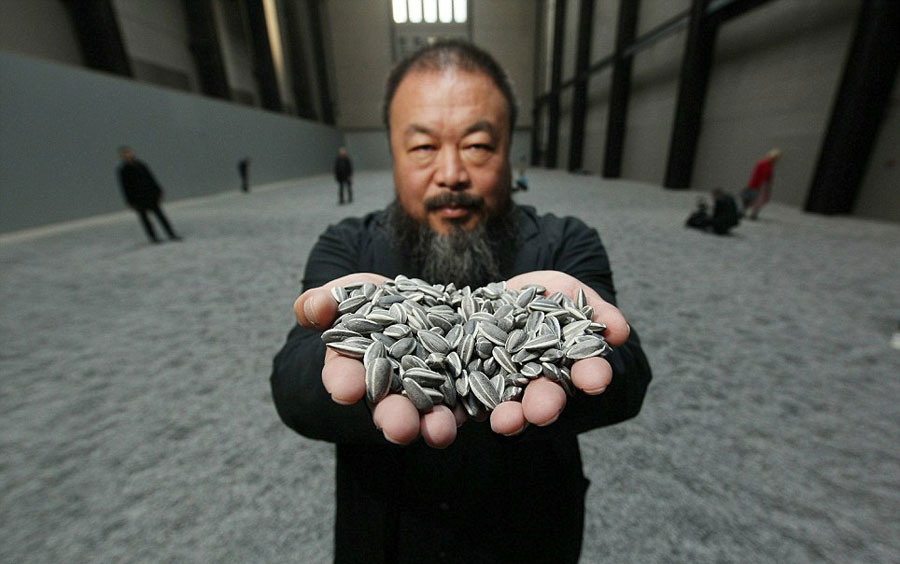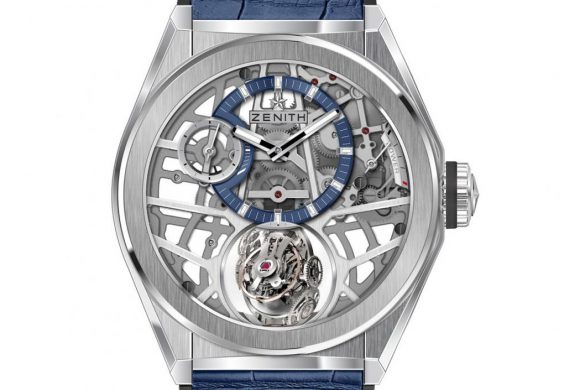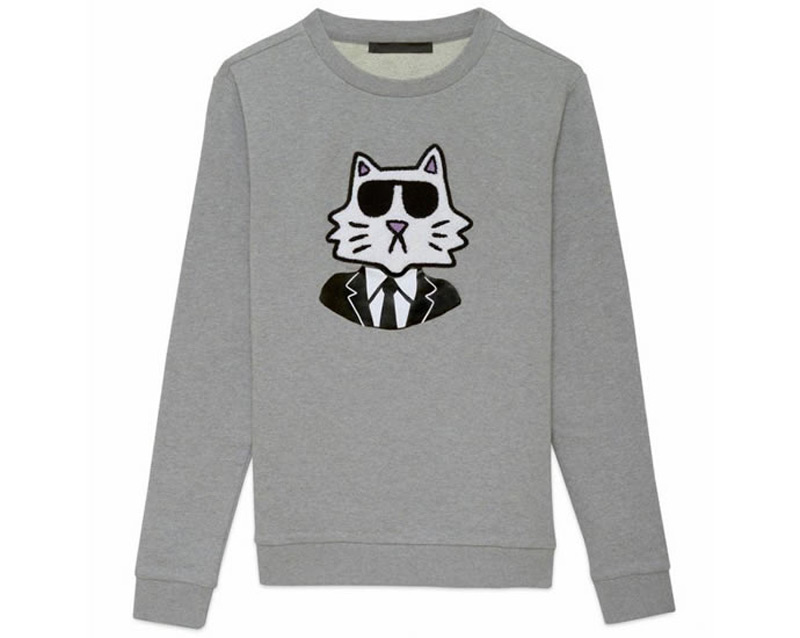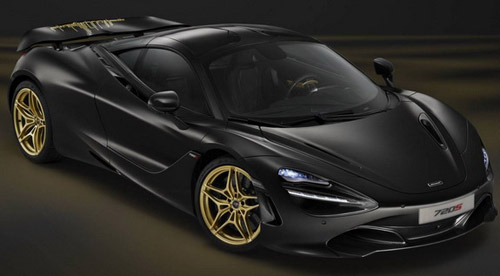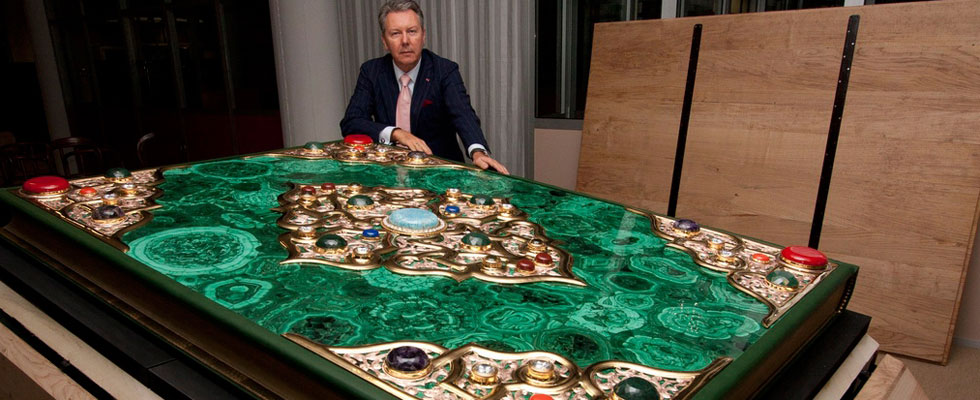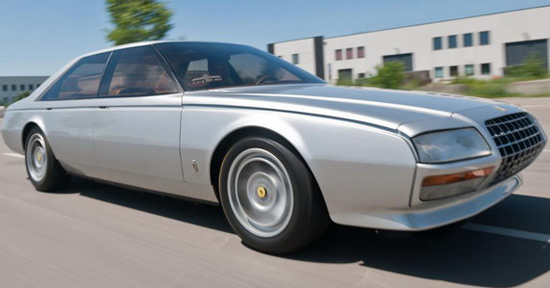Back in October, Chinese artist Ai Weiwei caused quite a stir with his installation of a giant mound of 100 million hand-painted ceramic Sunflower Seeds at London’s Tate Modern. The first 100-kilogram pile of seeds was estimated to bring in £80,000 to £120,000 but sold for sold for £349,250 ($559,394) or around £3.50 per seed at last week’s Sotheby’s Contemporary Art Evening sale in London.
Each porcelain sunflower seed was individually handmade and painted by specialists working in small-scale workshops in the Chinese city of Jingdezhen. 1600 workers toiled for two years to create the seeds. The Sotheby’s listing suggests that the piece can be installed either in a mound as shown above or smoothed out into a carpet-like experience. There will be a total of ten lots sold from this work.
When the exhibition opened in October, the first lucky visitors hurled themselves into the installation with gusto. They gathered up armfuls, built sand castles, and rolled around in the beach of individual sculpted, life-sized, handpainted porcelain seeds. Ai, one of China’s best known artists, equally admired for his outspoken defence of human rights in his country, was delighted at the response. He hoped visitors would consider the symbolism of sunflower seeds, a street snack which kept millions alive during times of famine, and also adopted as an emblem by Mao Zedong, the sun surrounded by sunflowers following his every move.

